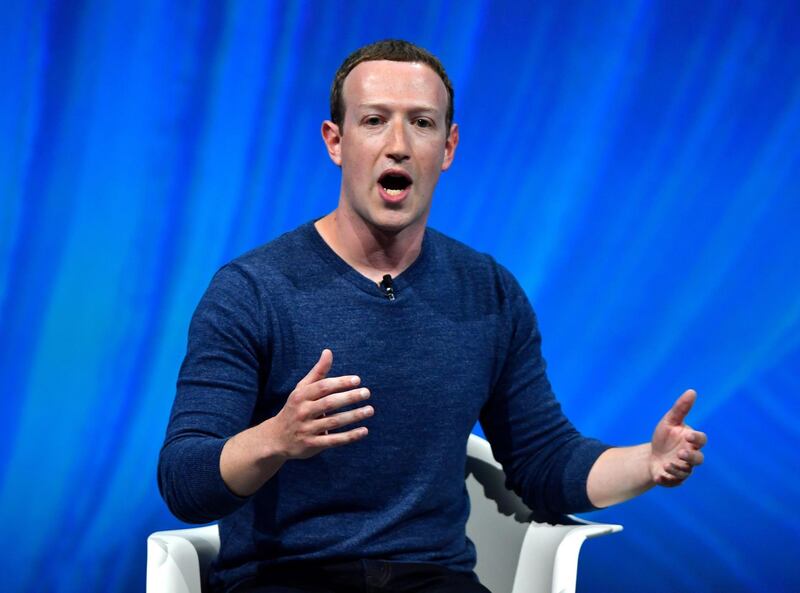Facebook is banning the fringe conspiracy group QAnon and removing all pages, groups or Instagram accounts affiliated with the movement, even if they have no violent content, the company said on Tuesday.
The group has promoted anti-Semitism, disinformation and racially charged conspiracy theories.
The blanket ban represents an escalation of its initial policy, in which QAnon pages were excised from the site when they discussed potential violence.
The full statement was tweeted by Facebook Newsroom:
Facebook said the group content represents an “identified militarised social movement", which justifies the ban under its rules.
It said removing all accounts "will take time and need to continue in the coming days and weeks".
QAnon was founded in 2017 and has more than 150 affiliated groups and pages on Facebook, and more than 4.5 million followers from at least 15 countries, a recent investigation by The Guardian showed.
Facebook claims that it removed more than 1,500 QAnon pages and groups since its August crackdown.
Twitter announced a similar crackdown in July.
QAnon followers have peddled anti-Semitic content including accusations that Jewish holocaust survivor George Soros is part of an “international cabal” that controls US president.
Donald Trump has declined to criticise the group in the past and many QAnon followers support the US president and far-right Republican candidates.
"I don't know much about the movement other than I understand they like me very much, which I appreciate," Mr Trump said in August.
Also on Tuesday, Facebook and Twitter removed posts by Mr Trump from their platforms for spreading false information about Covid-19.
He played down the virus, posting on Facebook that it was just like the flu.
The president posted the same message on Twitter, which labelled and hid the tweet for being in breach of its rules, although it remains accessible on the platform:
According to Worldometer, almost 7.7 million people in the US have been infected with the virus and more than 215,200 have died.
Besides Mr Trump, more than a dozen White House officials have tested positive for the virus in the past week, the latest being his senior policy adviser, Stephen Miller.








